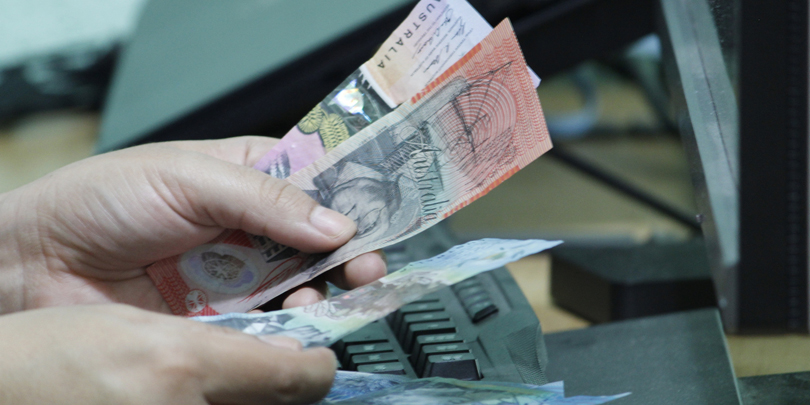
Increases in power bills and superannuation guarantees are set to affect millions of Australians in coming days, as Labor lauds rises in the minimum wage from July 1. Source: The Australian.
The start of the new financial year will usher in a series of changes, including a 3.5 per cent increase to the minimum wage, a new 12 per cent superannuation guarantee and the introduction of superannuation payments on paid parental leave, which is also set to increase from 22 to 24 weeks.
Social Services Minister Tanya Plibersek spruiked the changes on ABC’s Insiders yesterday, saying they would “make a huge difference to the lives of Australians”.
Among other key reforms is a 4.6 per cent increase to skilled visa income thresholds, as well as a 2.4 per cent indexation on social security payments, which the Government says will benefit 2.4 million recipients across the country.
This will include increases for those receiving family tax benefit payments, and higher income and asset thresholds for those receiving the age pension.
Other Australians set to benefit from changes in the new financial year include future teachers, nurses, midwives and social workers, who will receive about $331 per week while undertaking mandatory placement as part of their courses, and housing construction apprentices, who will receive a $10,000 incentive payment.
The Government will also provide households and about one million small businesses with another $150 in energy bill rebates, as well as a 30 per cent discount on the installation of a battery for those looking to move to solar.
However, acting opposition leader Ted O’Brien warned that Australians would face higher energy bills resulting from the Australian Energy Regulator’s increases to maximum prices retailers can charge customers.
Leading independent economist Saul Eslake said the 3.5 per cent minimum wage rise amounted to an increase in real wages that would affect about 20 per cent of the workforce and should provide a boost to the economy.
“While there’s a cost of that to employers, there is a boost to people’s incomes and that’s people who are most likely to spend all of it,” Mr Eslake said.
FULL STORY
Higher power bills; superannuation and wage increases set to hit Australians in coming days (By Lily McCaffrey, The Australian)






